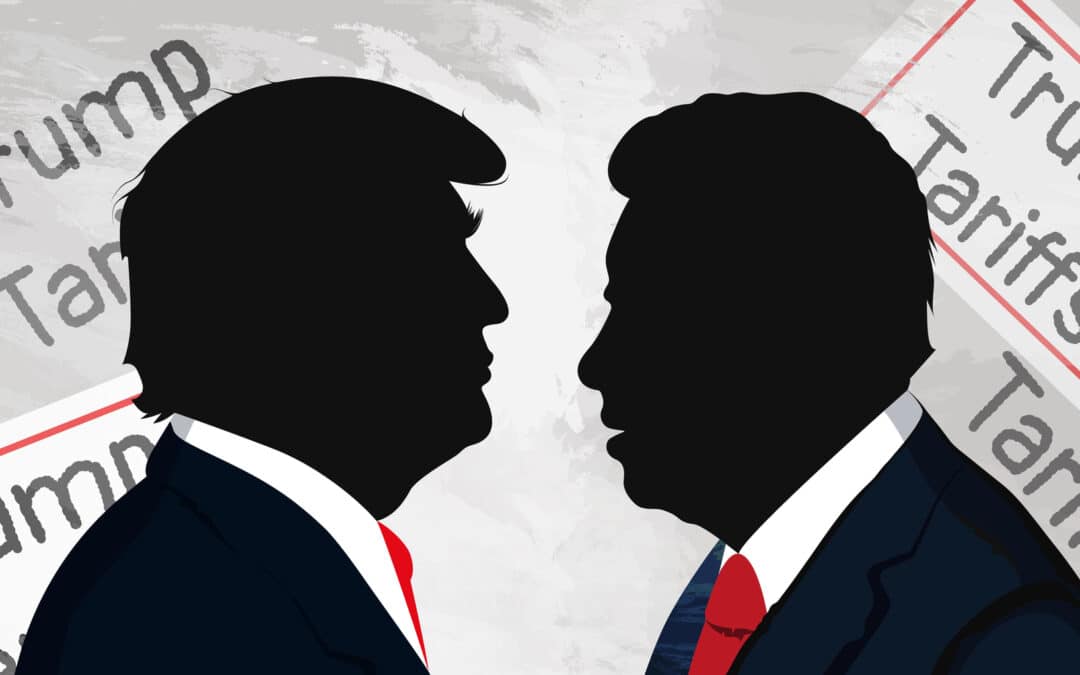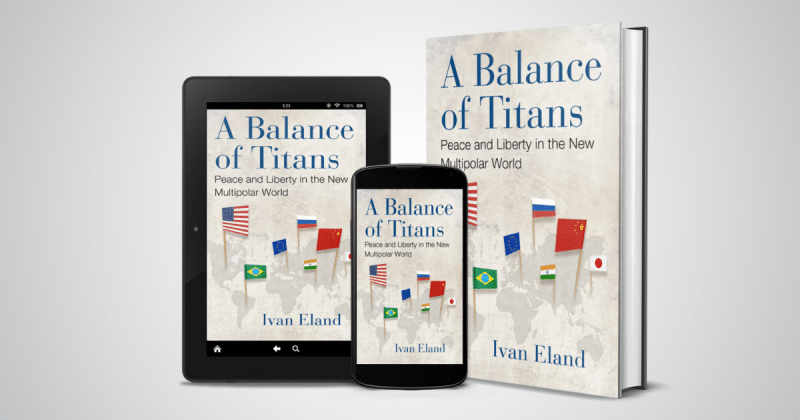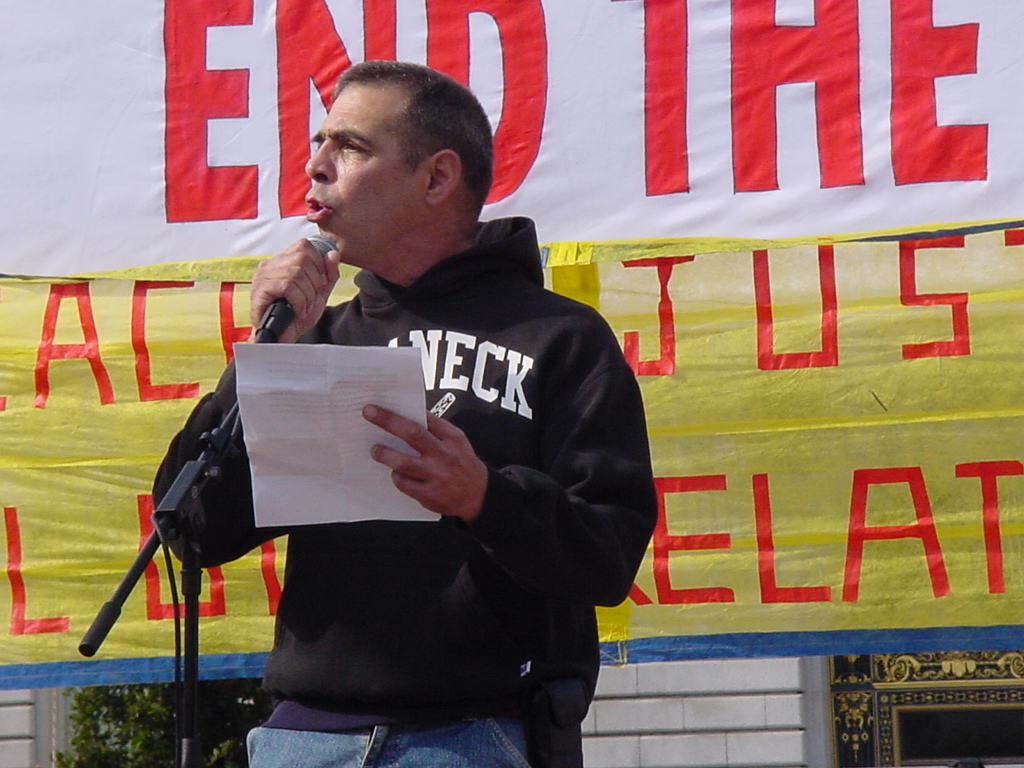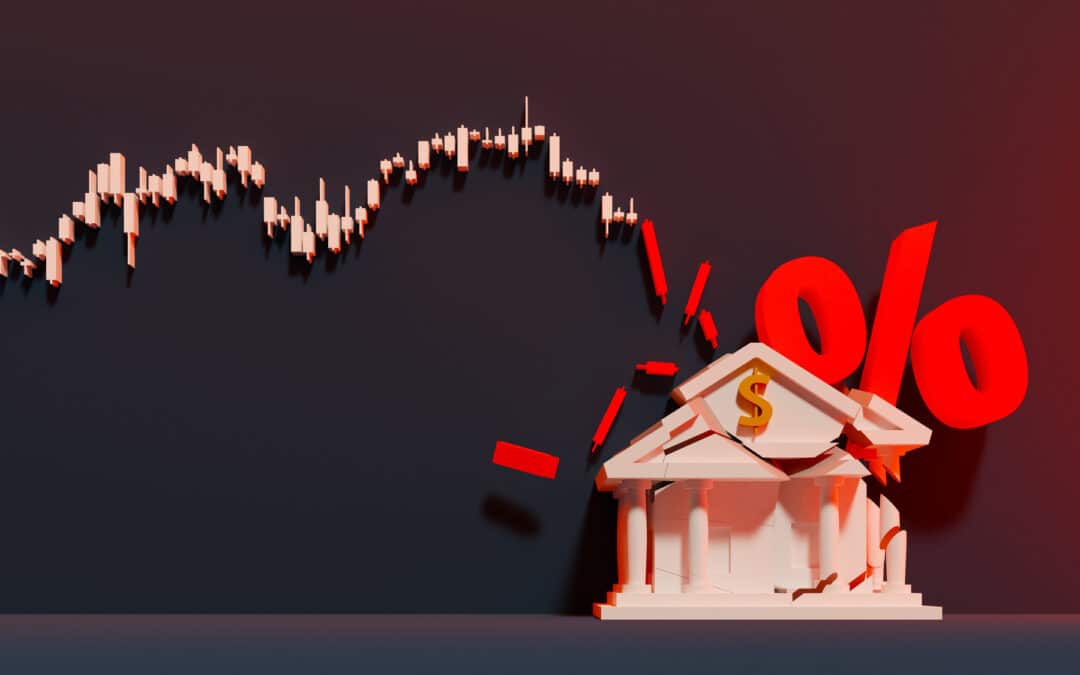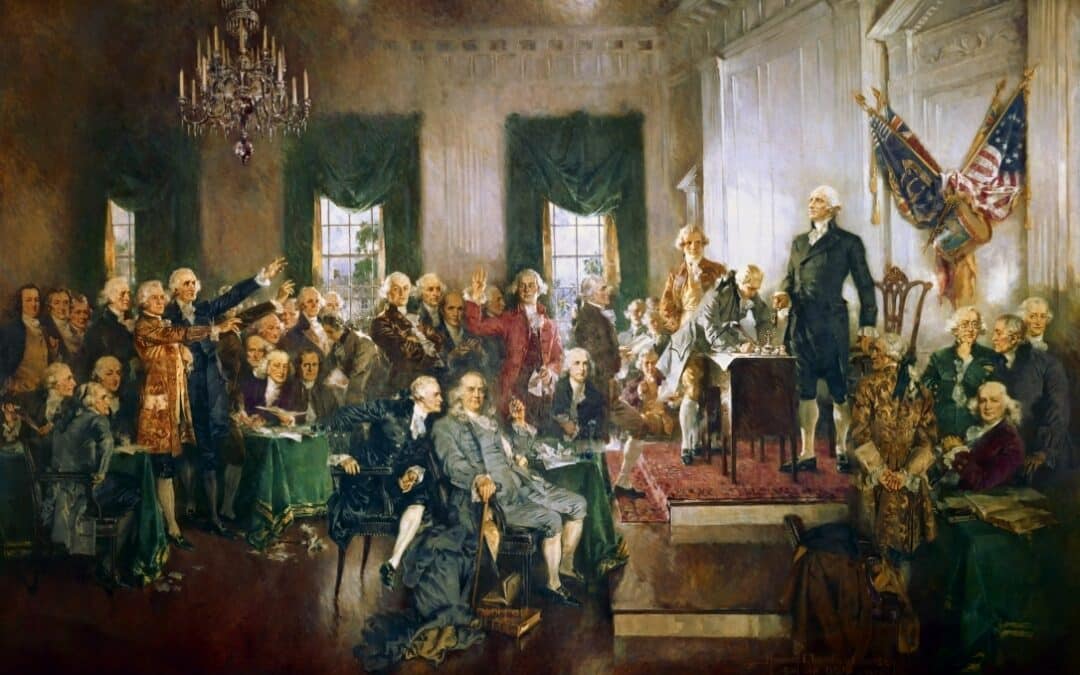In the sweltering heat of a second Trump term, the ghosts of interventionist folly are stirring once more. On October 31, 2025, President Donald Trump took to Truth Social to declare Nigeria a "country of particular concern" for religious freedom violations, alleging an "existential threat" to Christianity there. By November 1, the rhetoric had escalated: Trump threatened to halt all U.S. aid to Africa's most populous nation and ordered the Pentagon—now rebranded by the president as the "Department of War"—to prepare for "fast, vicious" military action. "If we attack," he wrote, "it will be...



